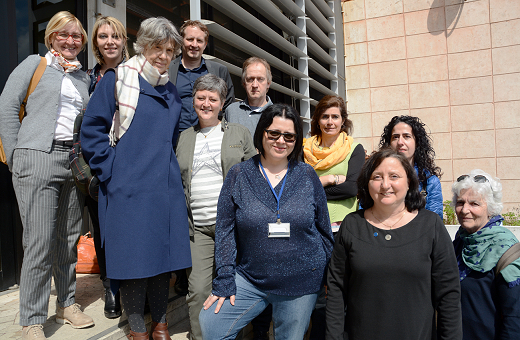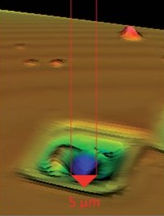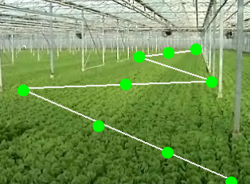Analytical Equipment and System Qualification Working Group
- Details
- Published: Wednesday, 10 April 2024 22:09
The Analytical Equipment and System Qualification Working Group (AE&SQ WG) aims to provide guidance on best practice in Analytical Equipment and System Qualification (AE&SQ). The core topic of the working group is the fitness for the intended use of analytical equipment and systems.
Terms of Reference

- The Analytical Equipment and System Qualification Working Group (AE&SQ WG) has been established and will operate in accordance with the ‘Procedure for the development of Eurachem Guidance’. The core topic of the working group is the fitness for the intended use of analytical equipment and systems.
- Any Eurachem member country may nominate expert members to the AE&SQ WG. Members of the WG with specific expertise may also come from outside Eurachem.
- The chair or an assigned member of the AE&SQ WG reports to the Eurachem executive and the guidance will be subject to the approval of the Eurachem General Assembly.
- The AE&SQ WG will provide guidance on Analytical Equipment and System Qualification (AE&SQ). The guidance will be applicable to all chemical and microbiological analytical laboratories and meet the requirements for the applicable quality standard and system.
- The AE&SQ WG deals with questions of data integrity, IT qualification / validation and risk assessment relevant to the AE&SQ.
- Supplementary guidances will be issued. These will contain specific recommendations and examples on a particular category of equipment, e.g. analytical balances or on specific topics e.g. data integrity and IT qualification and validation. They serve the purpose of illustration and clarification of the guideline.
- The AE&SQ WG shall make arrangements for appropriate publication and promotion of the above guideline and supplementary guidance. This includes the possibility to publish information leaflets.
- The AE&SQ WG shall organise, support and participate in international seminars and workshops on AE&SQ issues in analytical sciences.
- The AE&SQ WG collaborates and provides input on equipment and system qualification into other Eurachem working groups.
- The AE&SQ WG follows and discusses new developments within analytical science, which may require new approaches regarding AE&SQ or the modification of the guidance.
- The AE&SQ WG contributes to the Eurachem Reading List with relevant references on AE&SQ in analytical science.
Contact the Working Group
The working group may be contacted via the Website contact form.
Members
- Peter Fodor (Hungary)
- Klaus Fritsch (Switzerland)
- Tímea Gönczöl (Hungary)
- Ernst Halder (Switzerland, Chair)
- Martin Huber (Switzerland)
- Jens Jacobsen (Switzerland)
- Valéria Kardos, (Hungary)
- Holger Keller (Switzerland)
- Rudolf Köhling (Germany)
- Dusan Kordik (Slovakia)
- Dmytro Leontiev (Ukraine)
- Anna Lorincz (Hungary)
- Ágnes Nagy (Hungary)
- Attila Nagy (Hungary)
- Barbara Pohl (Germany)
- Jan Sunderkötter (Germany)
- Isabelle Vercruysse (Belgium)
- Oleksandr Vypirailenko (Ukraine)




 The Eurachem Sampling Uncertainty Working Group operates in accordance with the Constitution agreed in the Eurachem Memorandum of Understanding.
The Eurachem Sampling Uncertainty Working Group operates in accordance with the Constitution agreed in the Eurachem Memorandum of Understanding. The UfS working group is currently working to promote the Eurachem Guide "Measurement uncertainty arising from sampling" (
The UfS working group is currently working to promote the Eurachem Guide "Measurement uncertainty arising from sampling" ( The working group has published the second edition of the Eurachem Guide
The working group has published the second edition of the Eurachem Guide 